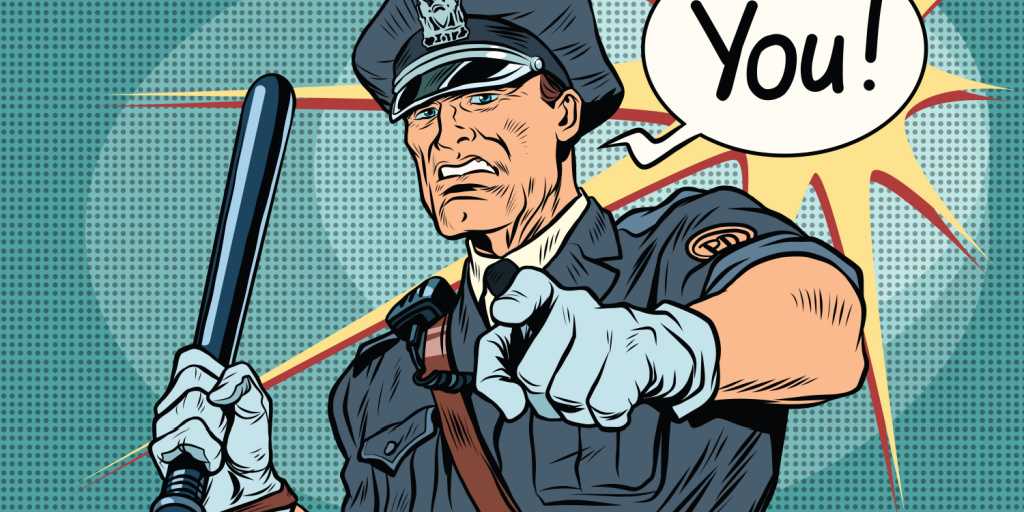BIA: Transportation of Narcotics is Not an Aggravated Felony
In a surprising unpublished decision the Board of Immigration Appeals, which handles administrative appeals from deportation orders, held that transportation of cocaine under California law is not an aggravated felony. Originally, the immigration judge ordered the Respondent deported based upon a finding that his conviction for transporting more than 4 kilograms of cocaine under California Health and Safety Code § 11352(a) was an aggravated felony, because it was “related to trafficking.”
Under the current immigration code, an “offense related to trafficking in a controlled substance” is classified as an “aggravated felony,” carrying severe immigration consequences, usually resulting in virtually automatic deportation, even for long-term legal permanent residents. See 8 U.S.C. § 1101(a) (43)
It would seem therefore, that transporting a large quantity of cocaine was “related to trafficking.” However, the BIA holds that is not necessarily so. See 8 U.S.C. § 1101(a) (43)
Because the broad California Health and Safety Code § 11352 (a) includes conduct that is not necessarily “trafficking” (for example, transporting narcotics in small amounts etc.), a conviction under Health & Safety Code § 11352 (a) is not “categorically” a trafficking offense and therefore not an aggravated felony.
The Respondent, a legal resident of the United States for more than ten years is now able to apply for cancellation of removal under section 240A(a) of the Immigration and Nationality Act, 8 U.S.C. § 1 229b(a).
Recommended Articles

Arizona’s new sealing statute is a powerful way for people who have been charged or convicted of many common offenses, to be able to say “no” in many instances.

In Arizona, “Aggravated Assault” charged under ARS § 13-1204 is a Class Four Felony, and in some cases with mandatory prison.

DUI or domestic violence police misconduct even if not resulting in grievous misfortune can sometimes provide a helpful remedy for the criminally accused.

people are surprised by how outsized the consequences some misdemeanor convictions can be. collateral consequences—meaning all those hidden consequences.

For thirty years two federal laws prohibited all those convicted of misdemeanor domestic violence offenses from ever possessing firearms.

About Michael Harwin
Michael’s skill and experience have been recognized repeatedly. He holds an A-V 5/5 preeminent rating by Martindale Hubbell. He has been named one of the top lawyers in Arizona by Southwest Superlawyers, and one of the best lawyers in Tucson by Tucson Lifestyle Magazine. He also has been named one of the best lawyers in the United States by BestofUS.com , and given the highest rating possible by AVVO, 10/10 Superb. Amazon Books

